






Baja Rehab
Treatment Focus
This center treats substance use disorders and co-occurring mental health conditions. Your treatment plan addresses each condition at once with personalized, compassionate care for comprehensive healing.
Primary Level of Care
Typically the initial stage of treatment for substance use, focusing on medically supervised management of withdrawal symptoms
Claimed
Recovery.com has connected directly with this treatment provider to validate the information in their profile.
Treatment Focus
This center treats substance use disorders and co-occurring mental health conditions. Your treatment plan addresses each condition at once with personalized, compassionate care for comprehensive healing.
Primary Level of Care
Typically the initial stage of treatment for substance use, focusing on medically supervised management of withdrawal symptoms
Private Pay
You pay directly for treatment out of pocket. This approach can offer enhanced privacy and flexibility, without involving insurance. Exact costs vary based on program and length of stay. Contact the center for specific details.
Baja Rehab
Baja Rehab
About Baja Rehab
Baja Rehab’s conservatorship-based program takes place in a peaceful oceanfront hacienda where long-term recovery is protected and nurtured through dual-diagnosis treatment, medical excellence, and structured behavioral modification. Designed by Americans for Americans, this fully English, lockdown program blends therapy, accountability, and compassion with art, fitness, and community healing—giving families peace of mind and clients the time and structure they need to achieve lasting recovery.
Develop Healthier Rhythms for Life
Clients remain in care long enough to develop real stability, free from impulsive discharges or external chaos. This secure, extended-care model—ranging from 4 to 13 months—allows destructive cycles to be replaced with healthier patterns. Each client receives individualized dual-diagnosis treatment with medical detox, 24/7 nursing, psychiatric support, and evidence-based therapies led by licensed psychologists and counselors within a 12-step–reinforced framework.
Strengthen Recovery with Behavioral Change
Their behavioral modification program is rooted in structured group therapy, where clients are met exactly where they are. Each group targets specific maladaptive behaviors and emotional patterns—encouraging clients to recognize denial, ego, and victimization while cultivating accountability and emotional growth. Through guided self-reflection, clients learn to “look in the mirror,” identify core behavioral triggers, and practice new responses that align with recovery-based living.
Thrive in a Setting that Restores
Located on a tranquil oceanfront property with additional secured housing for higher levels of care, Baja Rehab combines clinical excellence with opportunities for personal and emotional development. The program integrates nourishing meals, art and expressive therapies, fitness, recreation, individual counseling, and family support sessions. Advanced options such as stem cell therapy, WAIS IQ testing, and wellness amenities—including cosmetology, basketball and volleyball courts, and a fully equipped outdoor gym—enhance the client experience.
Transform Accountability into Lasting Freedom
With 24/7 supervision, structured programming, and compassionate leadership, Baja Rehab offers unmatched value compared to U.S. facilities. Recovery here is not only secured—it’s nurtured through accountability, structure, and genuine care. Families and clients trust us because we provide what few programs can: a safe, clinically guided environment where true behavioral change and lasting sobriety take root.

Highlights from the Center
Highlights
These highlights are provided by and paid for by the center.
Customized Treatment Plans
Co-Occurring Disorders Treatment
Addiction Recovery
Center Overview
Treatment Focus
This center treats substance use disorders and co-occurring mental health conditions. Your treatment plan addresses each condition at once with personalized, compassionate care for comprehensive healing.
Pricing and Program Length
Estimated Center Costs
The cost listed here ($9,500/ month), is an estimate of program cost. Center price can vary based on program and length of stay. Contact the center for more information. Recovery.com strives for price transparency so you can make an informed decision.
Meet Your Care Team

Jessica Shrader
COO

Adam Lincoln
CEO

Ricardo G. Vega
CFO

Juan Lopez
Chief Administrative Director & Finance Coordinator

Abraham Vázquez Torres
Psychiatrist
M.D.
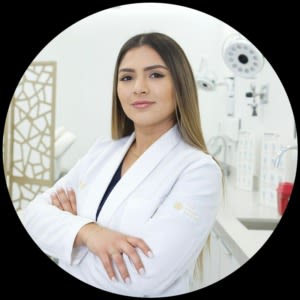
Isa Dalai Cárdenas Gutiérrez
Regenerative, Anti Aging and Aesthetic Medicine

Jimena Cedeño Casillas
Psychologist and Neuropsychologist

Esteban Cervantes Oropeza
Counselor

Alberto
Drug & Alcohol Counselor
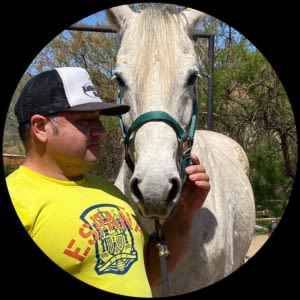
Julio Montes
Drug & Alcohol Counselor
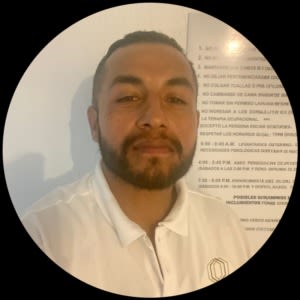
Marco Bustos
Drug & Alcohol Counselor

Paola Gamboa
Clinical Psychologist & Therapist
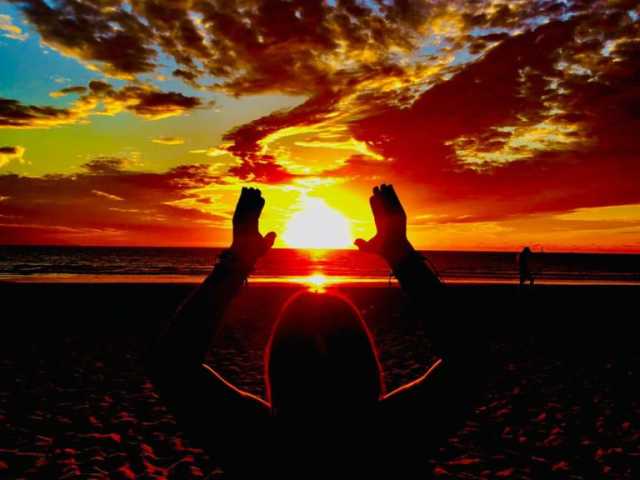

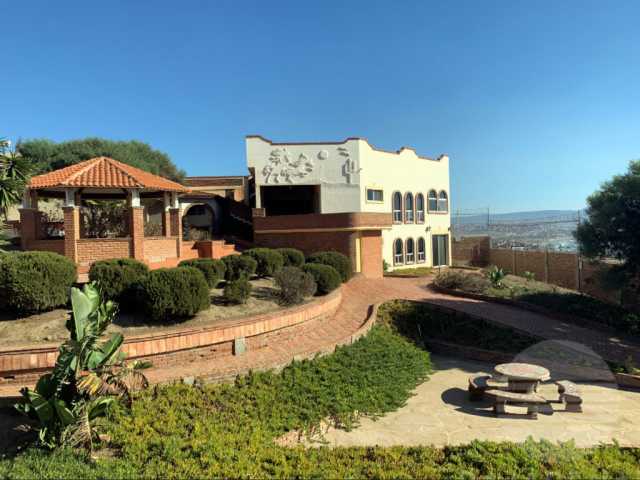

Levels of Care






Your Care Options
Specializations
Alcohol
Using alcohol as a coping mechanism, or drinking excessively throughout the week, signals an alcohol use disorder.
Co-Occurring Disorders
A person with multiple mental health diagnoses, such as addiction and depression, has co-occurring disorders also called dual diagnosis.
Codependency
Codependency is a pattern of emotional dependence and controlling behavior. It's most common among people with addicted loved ones.
Drug Addiction
Drug addiction is the excessive and repetitive use of substances, despite harmful consequences to a person's life, health, and relationships.
Opioids
Opioids produce pain-relief and euphoria, which can lead to addiction. This class of drugs includes prescribed medication and the illegal drug heroin.
Who We Treat
Young Adults
Emerging adults ages 18-25 receive treatment catered to the unique challenges of early adulthood, like college, risky behaviors, and vocational struggles.
Approaches
Evidence-Based
A combination of scientifically rooted therapies and treatments make up evidence-based care, defined by their measured and proven results.
Holistic
A non-medicinal, wellness-focused approach that aims to align the mind, body, and spirit for deep and lasting healing.
Individual Treatment
Individual care meets the needs of each patient, using personalized treatment to provide them the most relevant care and greatest chance of success.
Twelve Step
Incorporating spirituality, community, and responsibility, 12-Step philosophies prioritize the guidance of a Higher Power and a continuation of 12-Step practices.
Therapies
1-on-1 Counseling
Patient and therapist meet 1-on-1 to work through difficult emotions and behavioral challenges in a personal, private setting.
Meditation & Mindfulness
A practiced state of mind that brings patients to the present. It allows them to become fully aware of themselves, their feelings, and the present moment.
Animal Therapy
Animals can inspire trust and self-worth. In this experiential therapy, guided interactions are used to improve social skills and emotion regulation.
Art Therapy
Visual art invites patients to examine the emotions within their work, focusing on the process of creativity and its gentle therapeutic power.
Equine Therapy
Guided interactions with trained horses, their handler, and a therapist can help patients improve their self-esteem, trust, empathy, and social skills.
Eye Movement Therapy (EMDR)
Lateral, guided eye movements help reduce the emotional reactions of retelling and reprocessing trauma, allowing intense feelings to dissipate.
Family Therapy
Family therapy addresses group dynamics within a family system, with a focus on improving communication and interrupting unhealthy relationship patterns.
Horticultural Therapy
Gardening can be both meditative and inspiring. This therapy encourages social, emotional, and physical recovery.
Conditions We Treat
ADHD, ADD
ADHD is a common mental health condition caused by dopamine imbalance. Common symptoms include inattention, hyperactivitiy, and impulsivity.
Anger
Although anger itself isn't a disorder, it can get out of hand. If this feeling interferes with your relationships and daily functioning, treatment can help.
Anxiety
Anxiety is a common mental health condition that can include excessive worry, panic attacks, physical tension, and increased blood pressure.
Burnout
Burnout entails mental and physical exhaustion, and leads to a severe lack of fulfillment. This condition is often caused by overwork.
Codependency
Codependency is a pattern of emotional dependence and controlling behavior. It's most common among people with addicted loved ones.
Depression
Symptoms of depression may include fatigue, a sense of numbness, and loss of interest in activities. This condition can range from mild to severe.
Obsessive Compulsive Disorder (OCD)
OCD is characterized by intrusive and distressing thoughts that drive repetitive behaviors. This pattern disrupts daily life and relationships.
Post Traumatic Stress Disorder
PTSD is a long-term mental health issue caused by a disturbing event or events. Symptoms include anxiety, dissociation, flashbacks, and intrusive thoughts.
Stress
Stress is a natural reaction to challenges, and it can even help you adapt. However, chronic stress can cause physical and mental health issues.
Substances We Treat
Alcohol
Using alcohol as a coping mechanism, or drinking excessively throughout the week, signals an alcohol use disorder.
Benzodiazepines
Benzodiazepines are prescribed to treat anxiety and sleep issues. They are highly habit forming, and their abuse can cause mood changes and poor judgement.
Co-Occurring Disorders
A person with multiple mental health diagnoses, such as addiction and depression, has co-occurring disorders also called dual diagnosis.
Cocaine
Cocaine is a stimulant with euphoric effects. Agitation, muscle ticks, psychosis, and heart issues are common symptoms of cocaine abuse.
Drug Addiction
Drug addiction is the excessive and repetitive use of substances, despite harmful consequences to a person's life, health, and relationships.
Ecstasy
Ecstasy is a stimulant that causes intense euphoria and heightened awareness. Abuse of this drug can trigger depression, insomnia, and memory problems.
Heroin
Heroin is a highly addictive and illegal opioid. It can cause insomnia, collapsed veins, heart issues, and additional mental health issues.
Methamphetamine
Methamphetamine, or meth, increases energy, agitation, and paranoia. Long-term use can result in severe physical and mental health issues.
Languages
Aftercare
Care Designed for Your Needs
Personal Amenities
Amenities
Special Considerations
Couples program
Using gentle clinical care, therapists guide patients and their partner through guided sessions to address issues and work towards lasting solutions.
Young Adults Program
Programs for young adults bring teens 18+ together to discuss age-specific challenges, vocational and educational progress, and successes in treatment.
Activities
Yoga
Yoga is both a physical and spiritual practice. It includes a flow of movement, breathing techniques, and meditation.
Off-Site Activities
Off-Site Amenities
What people are saying
Treatment
5.0
Accommodations
4.0
Food & Nutrition
4.0
Value
5.0
Anonymous
Treatment in 2022 • (90 days) • Reviewed 09/17/25
Former Client
•Cook






